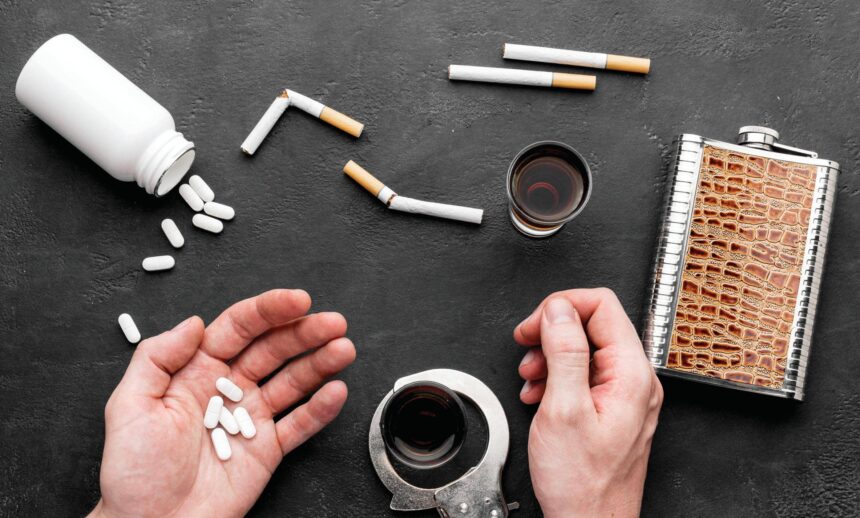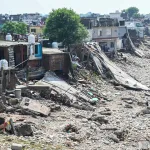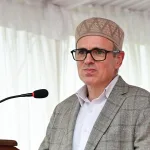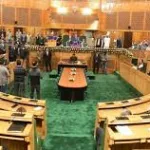Srinagar, Apr 08: The Government of Jammu and Kashmir has revealed concerning figures on the growing drug abuse crisis in the UT, reporting that 25,400 individuals sought outpatient treatment for substance abuse between 2022 and 2024. Additionally, 1,399 cases required inpatient care during the same period.
These statistics were disclosed in the Assembly in response to question raised by MLAs Tanvir Sadiq, Dr. Narinder Singh Raina, Dr. S. Bashir Ahmad Veeri, Shahir Ahmad Kulay, and Javid Ahmad Mirchal. The legislators sought detailed information on the extent of the drug problem, its societal effects, and the government’s response to this growing menace.
According to official data, the number of OPD cases stood at 9,775 in 2022, 8,700 in 2023, and 8,925 in 2024. Inpatient admissions were 996 in 2022, 986 in 2023, and 988 in 2024. The Health and Medical Education Department termed the situation as a “sensitive issue” that is not only affecting youth but also posing broader threats to society, with links to terrorism and criminal activities.
The government highlighted several steps taken to address the crisis. The J&K Drug De-Addiction Policy (2019) is being implemented across the Union Territory. Currently, 20 de-addiction centres are functional 11 in the Kashmir Division and 9 in Jammu along with three NGO-operated centres in Rajouri, Kulgam, and Bandipora. As part of its zero-tolerance approach, the government has suspended 213 drug sale licenses and cancelled 13 in 2024 alone due to illegal sale of psychotropic substances.
However, the absence of dedicated facilities for women remains a gap in the rehabilitation infrastructure. Although existing centres are open to all genders, the lack of exclusive centres for women continues to be a concern. To tackle the mental health aspect of addiction, the government has introduced Tele MANAS, a tele-mental health helpline providing counseling and support. Furthermore, the ‘Nasha Mukt J&K Abhiyan’ was launched in 2022 to create awareness across communities.
The government also informed that there are currently no plans to establish a de-addiction centre in Karnah constituency, stating that the district headquarters already provides such services.
The reply also acknowledged challenges such as the deep-rooted stigma associated with drug abuse, which often prevents individuals from seeking help. The government is running awareness campaigns through the Social Welfare, Education, and Excise Departments.
Surveillance has also been tightened at various entry points, including airports, railway stations, and courier service hubs, to curb the trafficking of narcotics.
Proposals for three new de-addiction centres in Udhampur, Reasi, and Ramban have been submitted and are pending approval from the central government.
“The drug menace demands collective action. Our policies and centres aim to rehabilitate victims, but enforcement and societal support are critical,” stated the Health and Medical Education Department.
While the government has outlined a multi-pronged approach to address the crisis, lawmakers and civil society groups have stressed the need for faster expansion of rehabilitation centres, particularly for women and underserved regions like Karnah.








